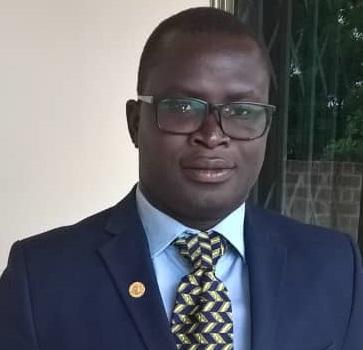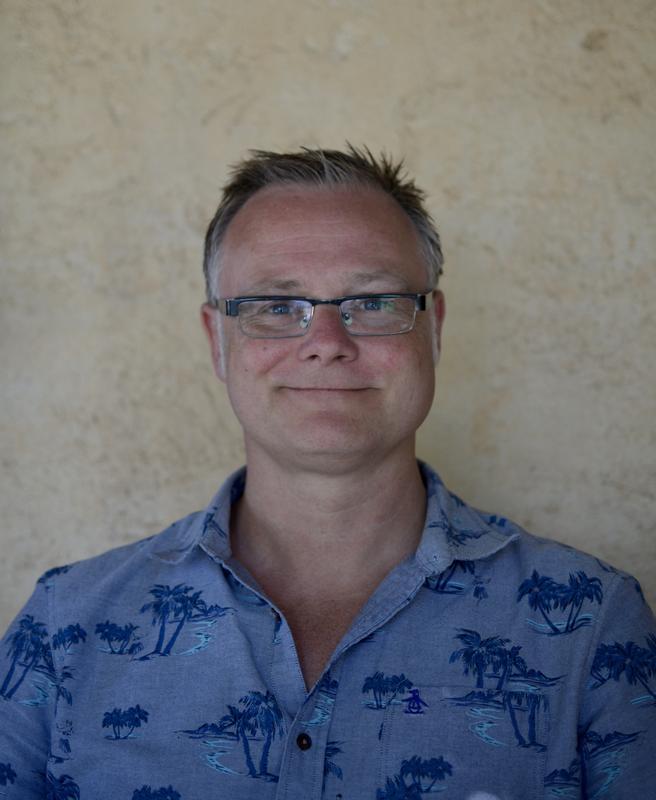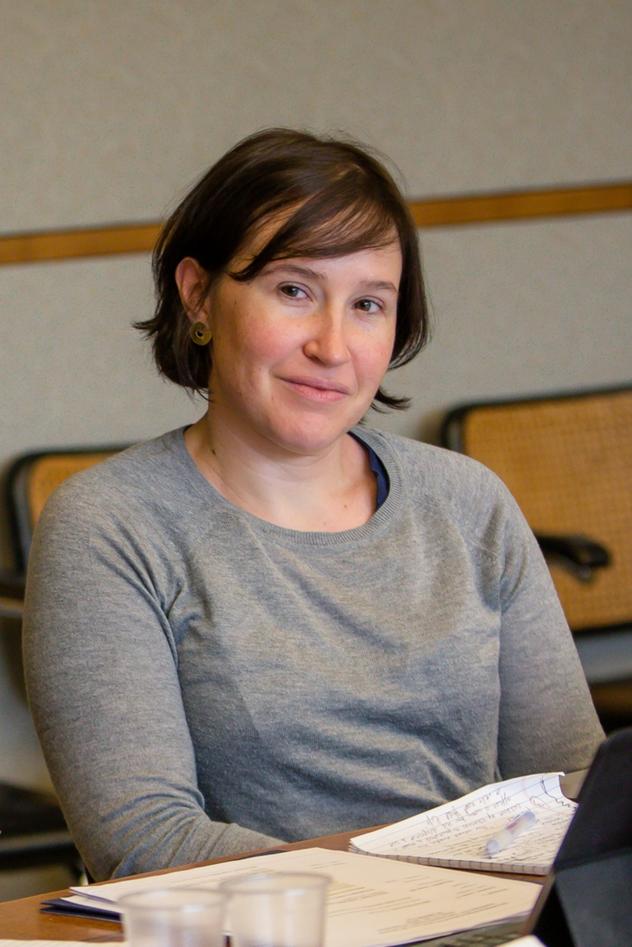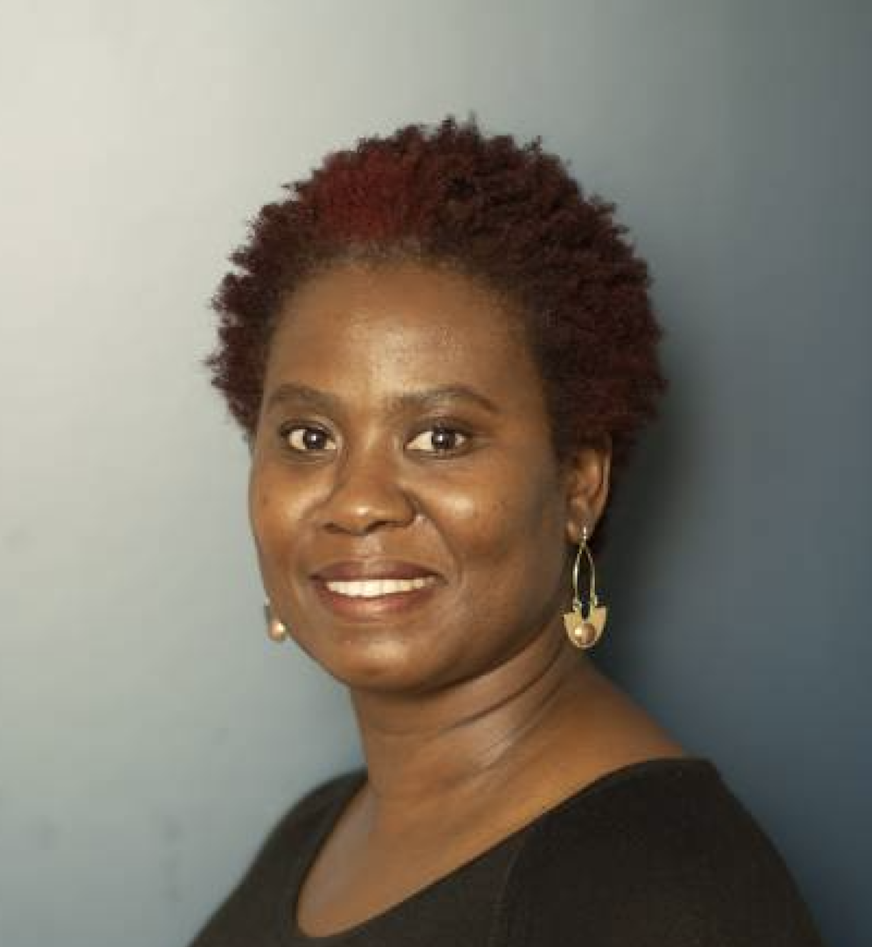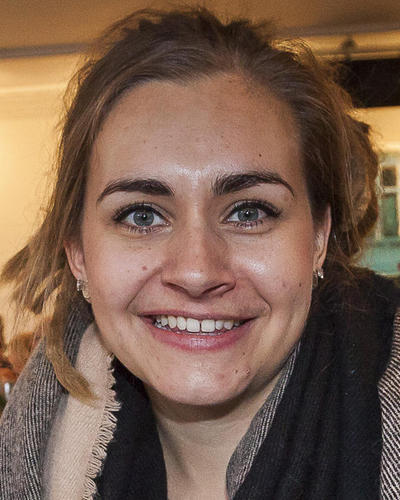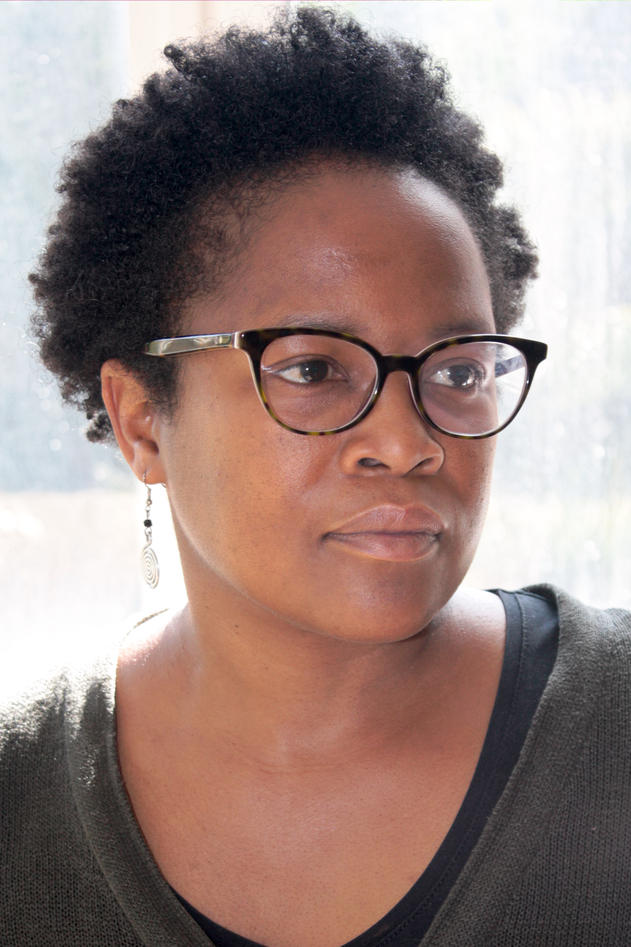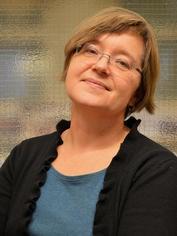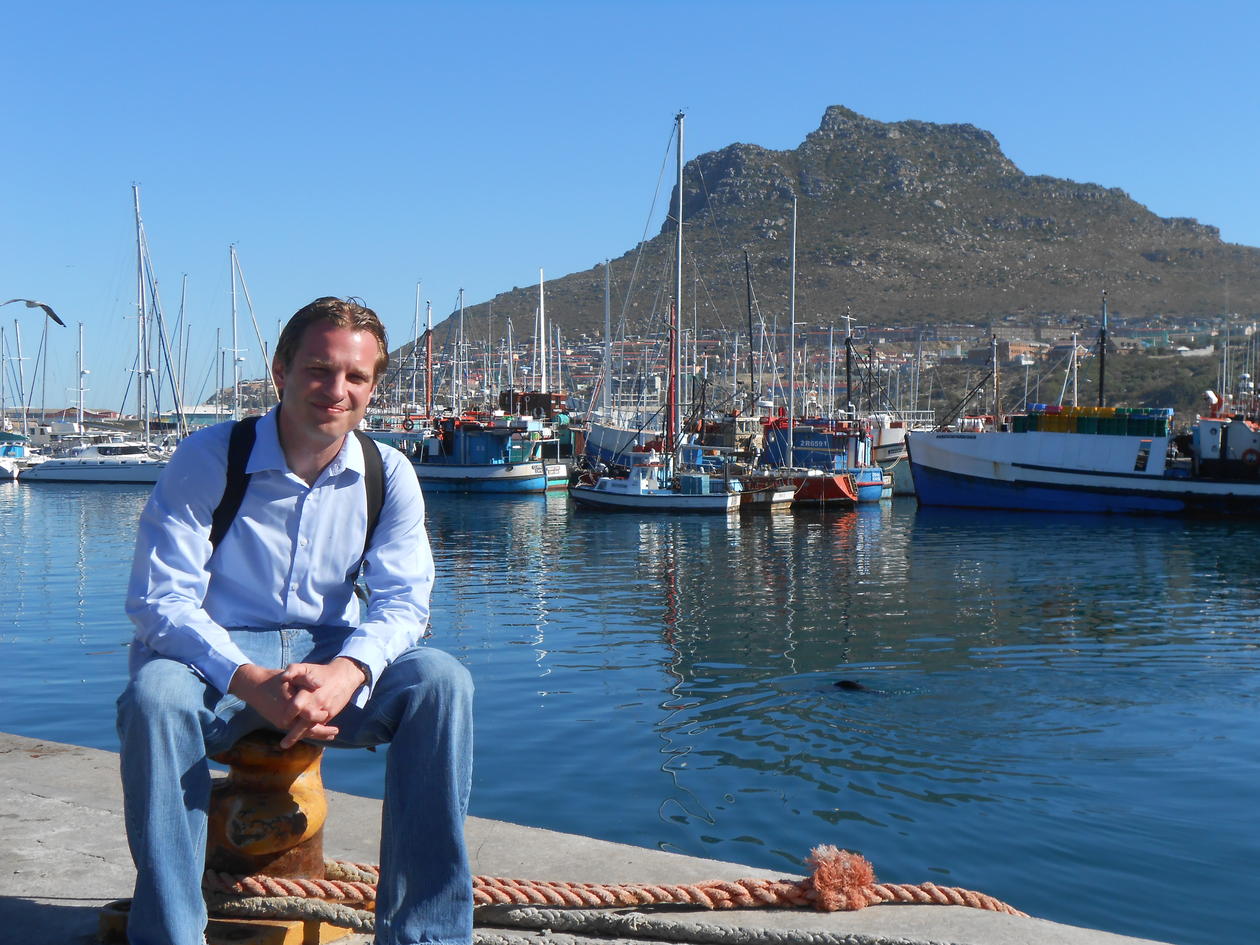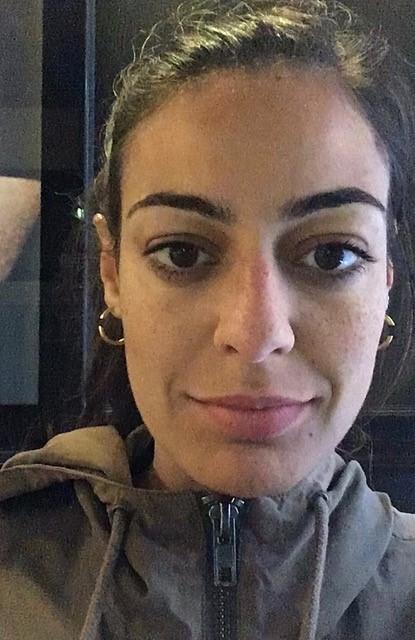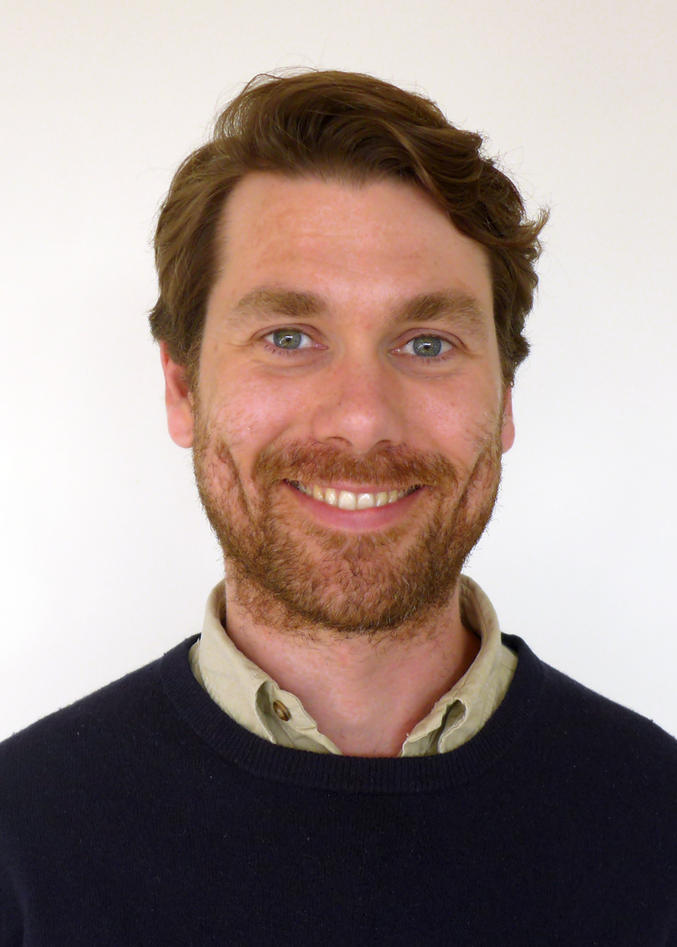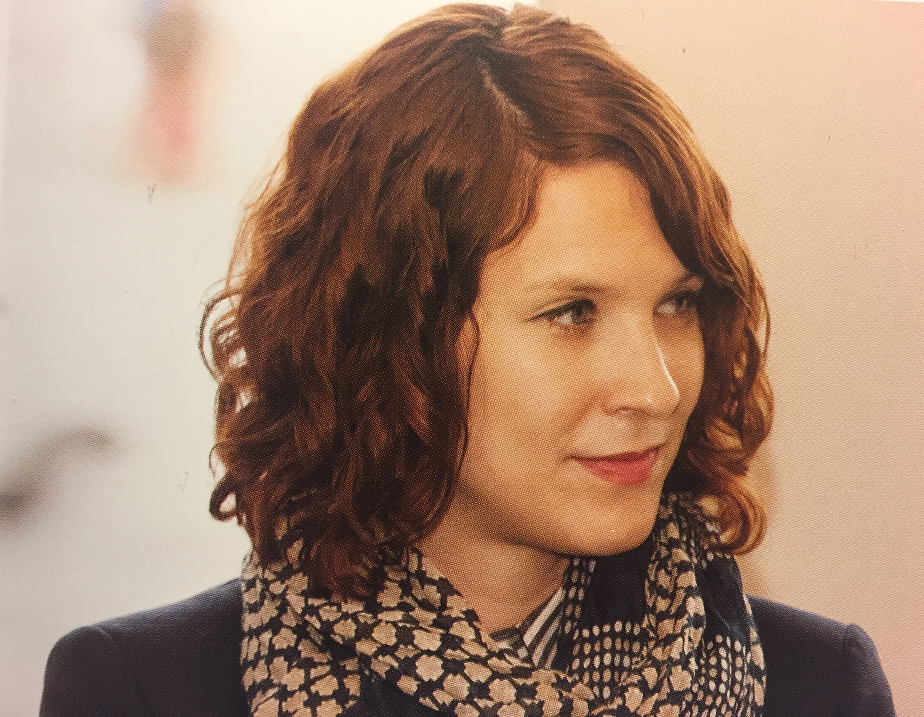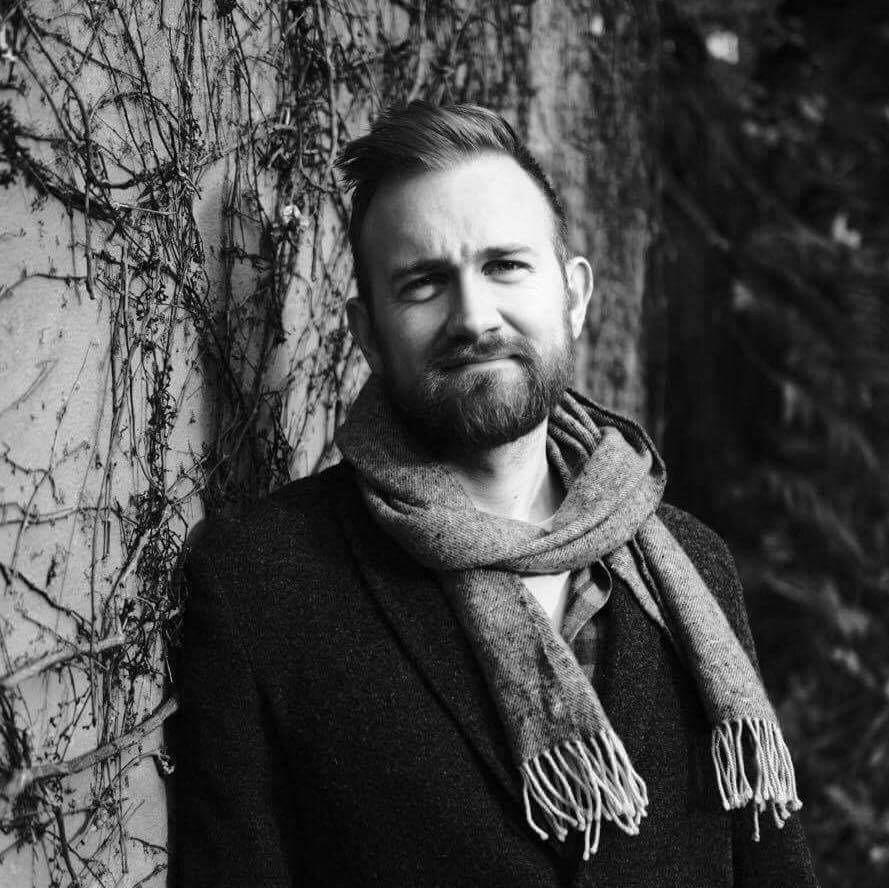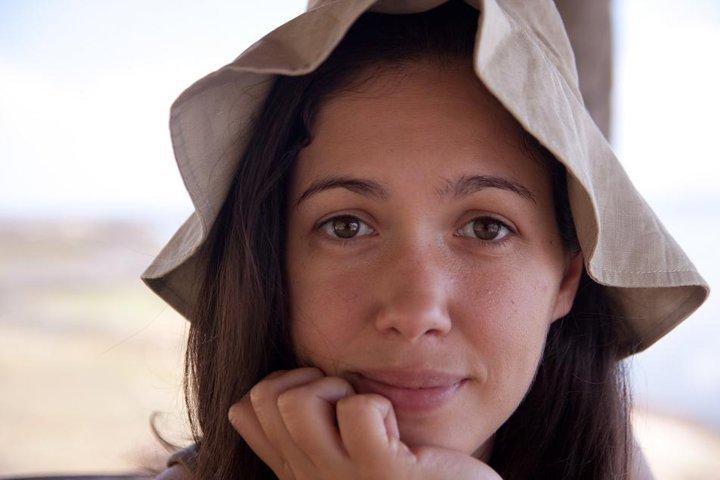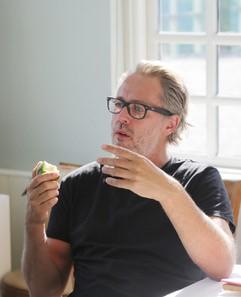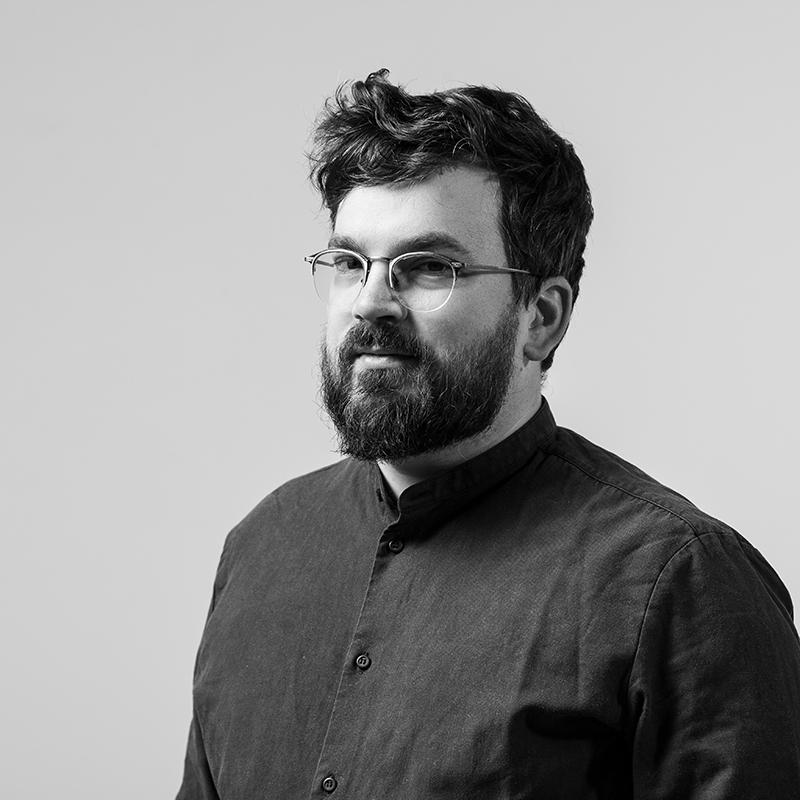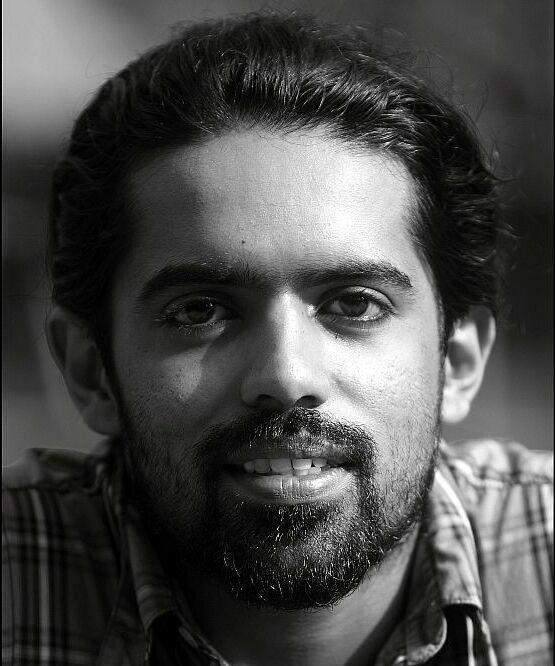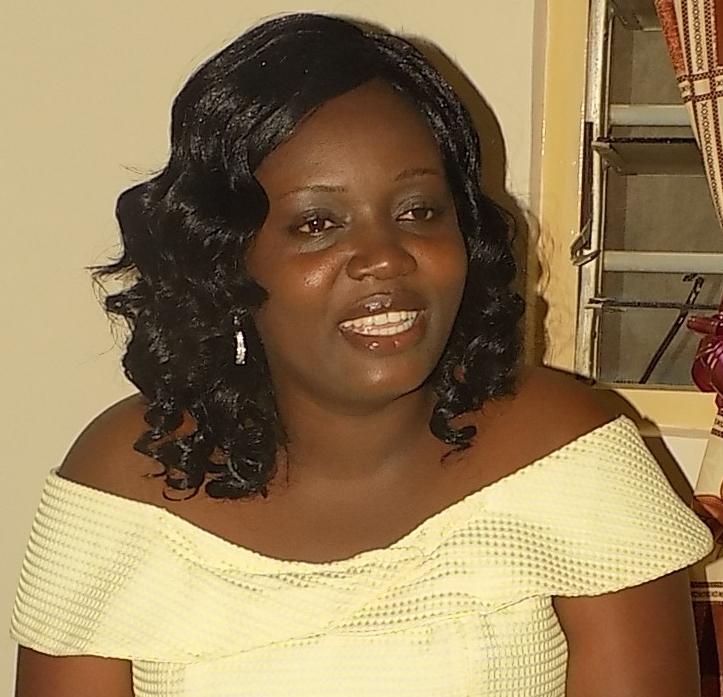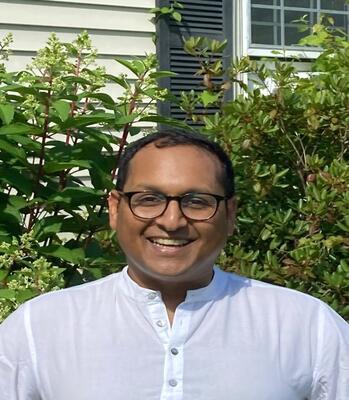Researchers
The following is a list of core researchers and affiliated researchers to the project.
Hovedinnhold
Core researchers
Austin Dziwornu Ablo
With disciplinary background in human geography, Austin draws upon relational perspectives, political ecology, political economy as well as organisational and institutional approaches to explore human-environment interactions at multiple scales. His research focuses on natural resource governance, urban studies, entrepreneurship and employment, gender and rural development.
Bjørn Enge Bertelsen (project leader)
Bjørn is an anthropologist whose work span both the rural, peri-urban and urban and he has mostly worked in Mozambique, more specifically the cities of Chimoio and Maputo. His research intersts include the urban as a political space of contestation, state and sovereign dynamics, the mediation and impact of securitization, the re-ordering of the urban following the Anthropocene and the urban as a generative space for utopian imaginings. His books, articles and chapters have been published across a range of international publishing outlets.
Claudia Gastrow
Claudia is an anthropologist of southern Africa with research interests in urban planning, land, architecture, political belonging, authoritarianism and informality. Her most recent work has focused on how the aesthetics and materiality of design, planning and architecture have mediated understandings of the state and urban inclusion in Luanda, Angola.
Sandra Manuel
Sandra is trained as an anthropologist who works at the intersection of body, sexuality and gender studies and urban studies. Her research has focused on the privileged city dwellers in the capital of Mozambique.
Oda Eiken Maraire
Oda holds a master’s degree in social anthropology from University of Bergen. Her research interests include urban anthropology, cities, infrastructure, aesthetics, inequality, materiality and gender. Her current PhD-project explores desires about home and property in affluent areas of Johannesburg, South Africa. The research investigates the dialectic relations between people and the material world as a means to understand how processes of enclaving work to transform urban structures and everyday practices. In order to examine the sociality dimensions of enclaving the study is specifically concerned with the materialities and aesthetics of 'home-making'.
Nolwazi Mkhwanazi
Nolwazi’s work engages with how issues relating to life course, kinship and care map onto gender, sexuality and reproduction. Her most recent project can be found here and here.
Ragnhild Overå
Human geographer with 30 years of research experience from Ghana. Thematic foci include gender, household dynamics, food markets, informal economies and the social embeddedness of entrepreneurship.
Jason Sumich (co-director)
Jason is a political anthropologist who works on issues of class formation, post-socialism, the state, hegemony, citizenship and the politics of enclaving in southern Africa, primarily Mozambique. Jason holds a PhD from the London School of Economics (2006), a MA from the University of Cape Town (2001) and he has taught in the United Kingdom, South Africa, Norway and Germany. Jason’s published works have appeared in several leading academic journals. His monograph entitled The Middle Class in Mozambique: The State and the Politics of Transformation in Southern Africa, was published by Cambridge University Press in 2018.
Affiliated researchers
Miguel Asín Amelung
Miguel holds a master´s in Global Criminology from Utrecht University, Netherlands. During his studies, through a multi-sited ethnography, he researched the involvement of organized criminals in the trafficking of spur-thighed tortoises from Morocco to the EU. His interests cover organized crime, environmental crimes, cultural criminology, structural violence and exclusion, global criminology, crimes of the powerful, urban studies, street culture and ultra-realism. With his background, Miguel hopes to contribute on understanding the overlapping spaces of enclaving, urban development and organized crime.
Flora Botelho
Flora is a member of the affiliated project ‘Middle Class Urbanism: An interdisciplinary study of the physical reordering of urban sub-Saharan Africa’, in which she does her PhD. Her PhD-project sets out to investigate in which ways ongoing urban trasnformations in the city produce changes in intimate social forms. Read more about her project here.
Nikolai Brandes
Nikolai Brandes is an art historian who studied Political Sciences at Freie Universität Berlin and Universidade de Coimbra. In his PhD project at Freie Universität, he looked at architectural planning in late colonial Mozambique from a transnational perspective and developed a postcolonial critique of the academic discussions around this architectural heritage in Portugal. Since 2018, he has been a postdoctoral researcher at the National Museum of Denmark. He is also part of the Middle Class Urbanism project. His current research interests include late socialist architecture in Mozambique, the transnational history of African housing cooperatives, the material and intellectual legacy of the country’s first Faculty of Architecture, and the impact of Turkish construction companies in Africa. Read more about his project here.
Kerry Ryan Chance
Kerry’s research focuses on two major topics in South Africa and the United States. One is the politics of urban ecology at the intersections of gender, race, and poverty. Another is and the cultural dynamics of climate change, particularly their effects upon differentiated bodies. Broadly, her work examines how the urban poor, living on the precarious margins often without formalized work or basic infrastructure, come to inhabit political roles that transform economic and environmental relationships. She has published multiple articles and book chapters, as well as a monograph titled Living Politics in South Africa’s Urban Shacklands.
Antonella Di Trani
Antonella Di Trani is a social anthropologist with a PhD from the Ecole des hautes études en sciences sociales in Paris (EHESS). She has worked on an ancient institutionalized enclave, the Venice ghetto, and her main topics include urban dynamics of inequality, historical transformation of cities in Europe (and beyond), practices in public spaces, the relations between urban space, governance and power. Antonella is also interested in theoretical questioning on ethnographic fieldwork. She currently works as a lecturer in anthropology of architecture at the Ecole nationale supérieure d'architecture de Paris Val de Seine (ENSAPVS).
Randi Gressgård
Randi has worked on urban diversity politics in Malmö, Sweden. She has focused on how ideas about the future are formed through policy discourses on social sustainability and security. In her ongoing research, she focuses on the shift from modernist approaches to security (based on prediction and control) to resilience politics in area-specific prevention policies targeting “vulnerable populations”, which involve notions of the future as truly uncertain (non-calculable) and failure as inevitable.
Ole Johannes Kaland
Ole Johannes is Associate Professor of intercultural studies at NLA University College. An anthropologist by training (Phd, University of Sussex 2014), Ole Johannes has done research at the intersection between the anthropologies of China, childhood and youth, learning and education, and development. Having mostly done urban anthropology in larger cities in China, Ole Johannes is excited to bring some comparative perspectives to the Enclaving project.
Lebohang Masango
Lebohang Masango is a PhD candidate and holds a Master of Arts degree in Social Anthropology from the University of Witwatersrand, South Africa. She is also an award-winning children’s author, a poet and radio narrator. Her research interests are feminism, youth and social media. Her Anthropology work is published in Connected Lives: Families, Households, Health and Care in Contemporary South Africa, edited by Nolwazi Mkhwanazi and Lenore Manderson (HSRC Press, 2020) and Anxious Joburg: The Inner Lives of a Global South City edited by Nicky Falkof and Cobus van Staden (Wits University Press, 2020). Both publications originate from her MA research about compensated relationships and young women in Johannesburg.
Anna Mazzolini
Anna is an architect, urban planner and housing expert who has travelled and worked in Mozambique since 2004. She has strong field experience in planning policies and project management through the UN, NGO´s, and consultancies to support local governments and ethnographic research. Anna also holds a Phd in Regional Planning and Public Policies and has multidisciplinary research interests. As a postdoctoral researcher in the Middle Class Urbanism project, she deals with urban anthropology and housing aestetics in Maputo. Her interests include the relationship between personhood and house materiality, politics and urban planning, aspirations and urban models. Read more about her project here.
Morten Nielsen
Morten is a senior researcher at Denmark’s National Museum and head of the interdisciplinary research project ‘Middle Class Urbanism: An interdisciplinary study of the physical reordering of urban sub-Saharan Africa’. Based on his fieldwork in Mozambique, Scotland, and USA, he has published on issues such as urban citizenship, time and temporality, comedy, human creativity, urban aesthetics, materiality, infrastructure, and political cosmologies. Read more about his project here.
Anders Rubing
Anders Rubing is an architect and a researcher at UiB. His research has focused around the intersection between security and rights to democratic exchange in the city and how physical security affects cities and other urban systems and its users. Rubing was co-editor for the award-winning book The City between Freedom and Security that circled the themes mentioned above. His ongoing PhD project seeks to unpack how urban security- and resilience-discourses produce visions of different urban futures.
Mathew A Varghese
Mathew A Varghese is an Assistant Professor at the School of International Relations and Politics (SIRP) at Mahatma Gandhi University. Varghese’s research interests are in the fields of political ecology, urban reconfigurations, ecologies in the making, and human-animal relationships. With a PhD from the University of Bergen and a postdoc from the University of KwaZulu-Natal, South Africa, Varghese has worked extensively on urban processes. For his postdoc, he was part of a team that enquired into the deployment of ecological infrastructure in the Durban region. He has edited the book Urban Utopias: Excess and Expulsion in Neoliberal South Asia (jointly with Tereza Kuldova), published by Palgrave Macmillan.
Edwige Enam Yawa Yekple
Edwige holds a master’s degree in Geography and Resource Development from the University of Ghana. Her PhD thesis seeks to explore the emerging realms of transnational houses in peri-urban Accra and how the populace envision their lives in the midst of these transformations.
Felicity Okoth
Felicity is a PhD candidate at the University of Bergen and holds a Master of Arts degree in International Migration and Ethnic Relations from Malmö University- Sweden. Her research interests include migrants’ social embeddedness in African Cities, urban assemblages, translocalism, migration aspirations, identity, and power. Her PhD explores the situated and translocal practices of African migrants in one settlement in Nairobi-Kenya. The research investigates the identities, relationships and mobility strategies African migrants take up in the settlement and the extent to which these are constituted by power relations. It also investigates how African migrants’ embeddedness within different locales in the settlement shape their thoughts, feelings, and abilities towards potential migration. Felicity hopes to contribute to the understanding of how power regimes, relations and processes within African cities interact and feed into each other, consequently defining the mobility trajectories of African migrants living in these cities.
Renugan Raidoo
Renugan Raidoo is a PhD candidate in social anthropology at Harvard University. His research concerns lifestyle estates in the Gauteng city region, their political economic origins, and their social and spatial consequences. Previous research has focused on secrecy and homophobia in urban Sierra Leone. His dissertation research has been funded by awards from various sources at Harvard University, an Emslie Horniman Scholarship from the Royal Anthropological Institute/Sutasoma Award, and the Fulbright-Hays program. He holds an MPhil in social anthropology from Oxford University, where he was a Rhodes Scholar, as well as a BA in anthropology and a BS (with honors) in chemistry from the University of Iowa. His academic work has appeared in the edited volume Anxious Joburg: The Inner Lives of a Global South City (Wits University Press, 2020), and in the journals Langmuir and Journal of Materials Chemistry. Renugan’s public scholarship has appeared in The Mail & Guardian and MambaOnline.
